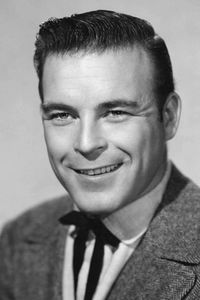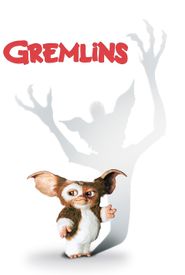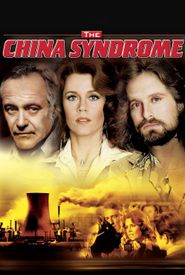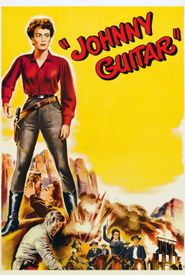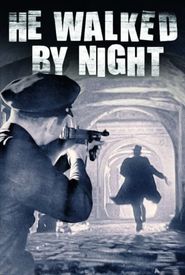Scott Brady was born Gerard Kenneth Tierney on September 13, 1924, in Brooklyn, to Irish-American parents Lawrence and Maria Tierney. His father, a chief of New York's aqueduct police force, had ambitions in the show business and later worked in print. Both Scott's older and younger brothers, Lawrence and Edward Tierney, became actors, with Lawrence facing a severe drinking disorder that sabotaged his film noir career.
Scott grew up in Westchester County and attended Roosevelt and St. Michael's High Schools, where he was an all-round athlete and earned letters for basketball, football, and track. He enlisted before graduating and served as a naval aviation mechanic overseas, earning a light heavyweight boxing medal. Discharged in 1946, he moved to Los Angeles and pursued acting, enrolling in the Bliss-Hayden drama school under his G.I. Bill and studying acting to rid himself of his thick Brooklyn accent.
Scott signed with Eagle-Lion and made his debut in the poverty-row programmer In This Corner (1948),utilizing his boxing skills. He showed promise in his second and third films, Canon City (1948) and He Walked by Night (1948),as a detective who aids in nabbing psychotic killer Richard Basehart. Scott then switched to higher-grade action stories for Fox and Universal, with Westerns and crime stories being his bread-winning genres.
Throughout his peak years, Scott frequently switched from hero to heavy, starring in films such as The Gal Who Took the West (1949),Undertow (1949),The Model and the Marriage Broker (1951),Bloodhounds of Broadway (1952),and Johnny Guitar (1954). He also found success on television, starring in the western series Shotgun Slade (1959) and appearing in various stage productions, including "The Moon Is Blue", "Detective Story", and "Picnic".
Scott settled down after marrying Mary Tirony in 1967 at age 43, prior to which he was linked with luminous beauties such as Gwen Verdon and Dorothy Malone. The couple had two sons. Parts dwindled down in size in later years, and he gained considerable weight and lost his hair, but he still appeared as an occasional character heavy or hard-ass cop in less-important movies.
Towards the end of his career, Scott appeared in high-profile big-screen movies such as The China Syndrome (1979) and Gremlins (1984). He died of pulmonary fibrosis, a progressive respiratory disease, in 1985 and was interred at the Holy Cross Cemetery in Culver City, California.
